Partnering with us
We partner to progress great science to the point where it’s interesting to commercial partners.
Our skills lie in translational science: getting promising science out of the lab, and to the next phase of development across health conditions where patients need it most.
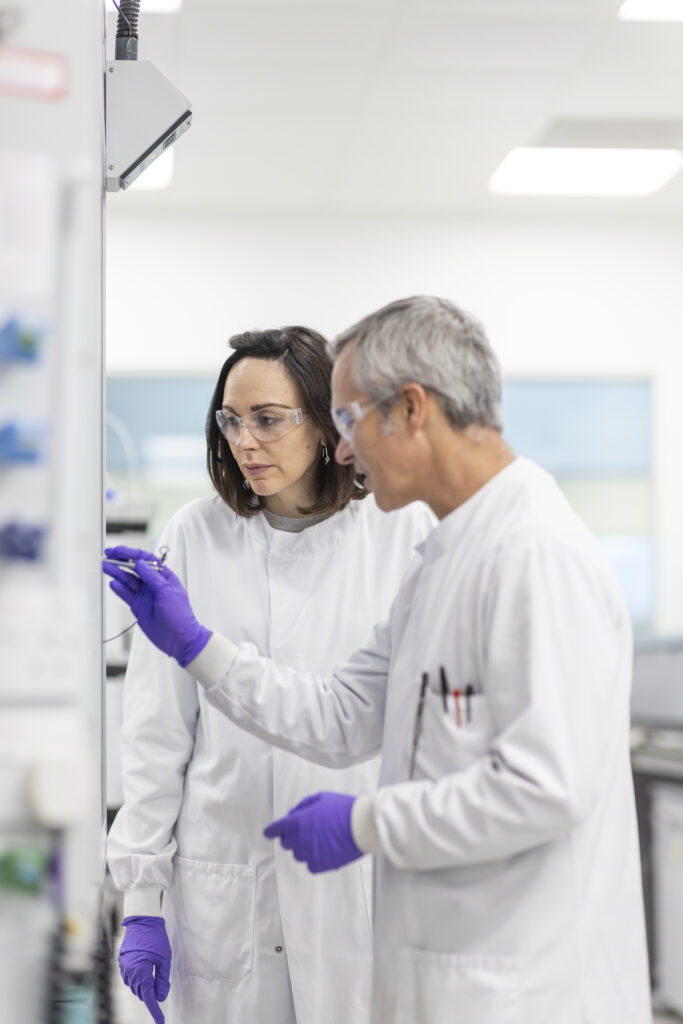
Who we partner with
Charities
Universities and academic institutions
Research institutes
Start-ups and early-stage biotechs
Pharmaceutical companies
Help with licensing and collaborative development, at a lower risk to you.
Patients
How you can work with us
Funding
- Joint funding calls
- Funding opportunities, including early-stage seed funding
Commercialisation and IP support
- Evaluation of where to allocate your research investment
- Identifying potential in your existing research portfolio
- Negotiating licences
- Protecting your IP
- Linking you with commercially viable projects and services
Scientific support
- Antibody discovery and humanisation
- Drug discovery
- Diagnostics development
Support for charities
Charities can access a range of services including technology transfer, IP protection and advice on progressing research toward commercial success.
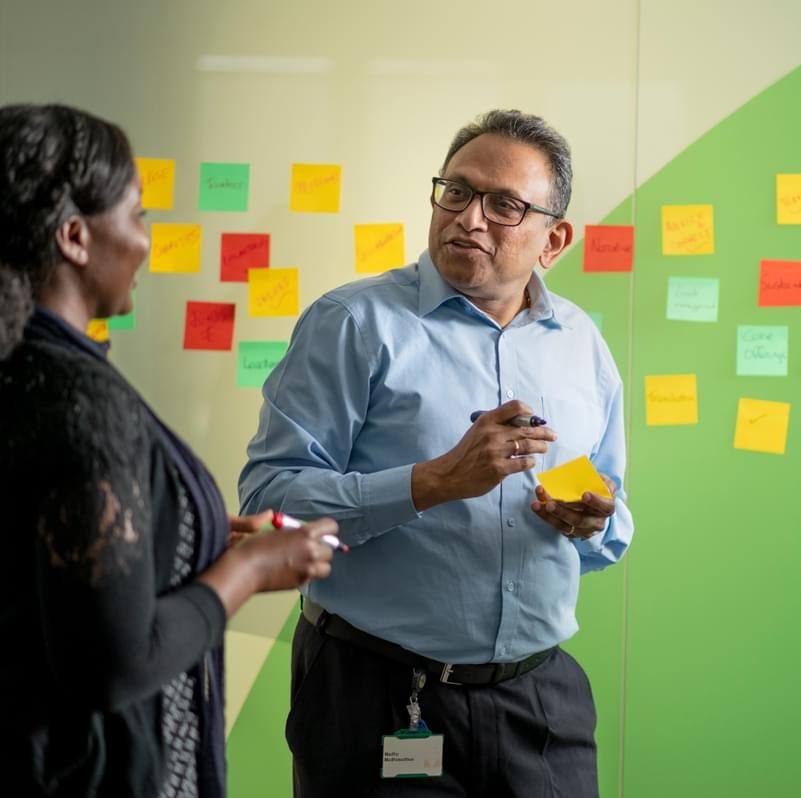
Support for MRC researchers
If you are a researcher in an MRC Institute, we can help you translate your science into powerful new therapies, diagnostics, devices and research tools.
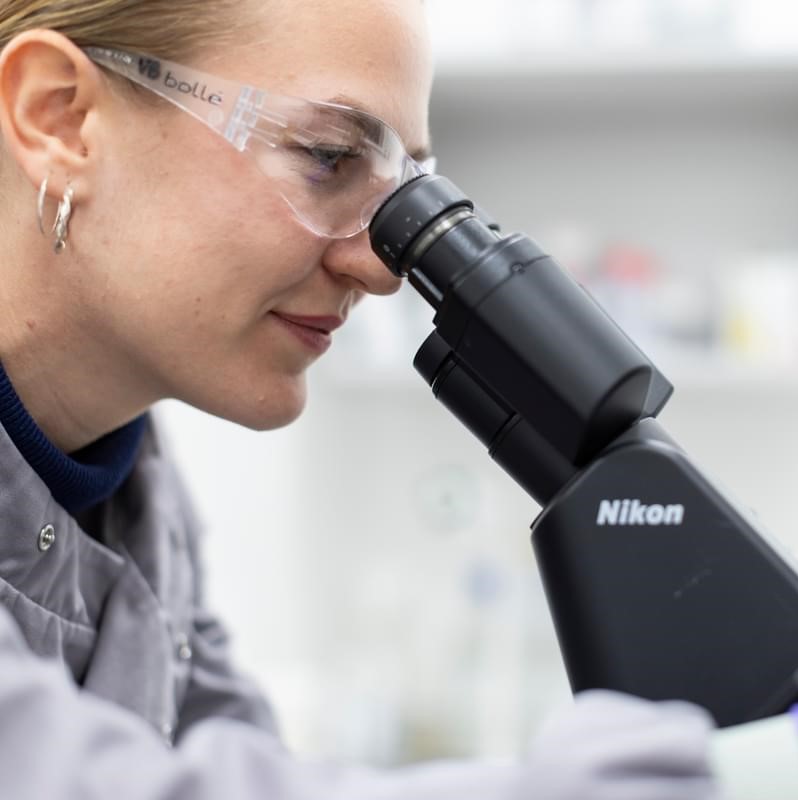
Working with patients and communities
We work directly and through our charity partners, to understand unmet needs and identify research priorities.


Interested in partnering with us?
Contact us
In submitting your personal data via this form, you consent to being contacted via the details provided so that your enquiry can be responded to. If you would like your data to be removed, please email info@lifearc.org.
Please see our Privacy Policy in relation to the personal data you submit to us through this page.
Latest news
-

New smartphone app offers hope in the fight against neglected tropical diseases
Read more: New smartphone app offers hope in the fight against neglected tropical diseases -
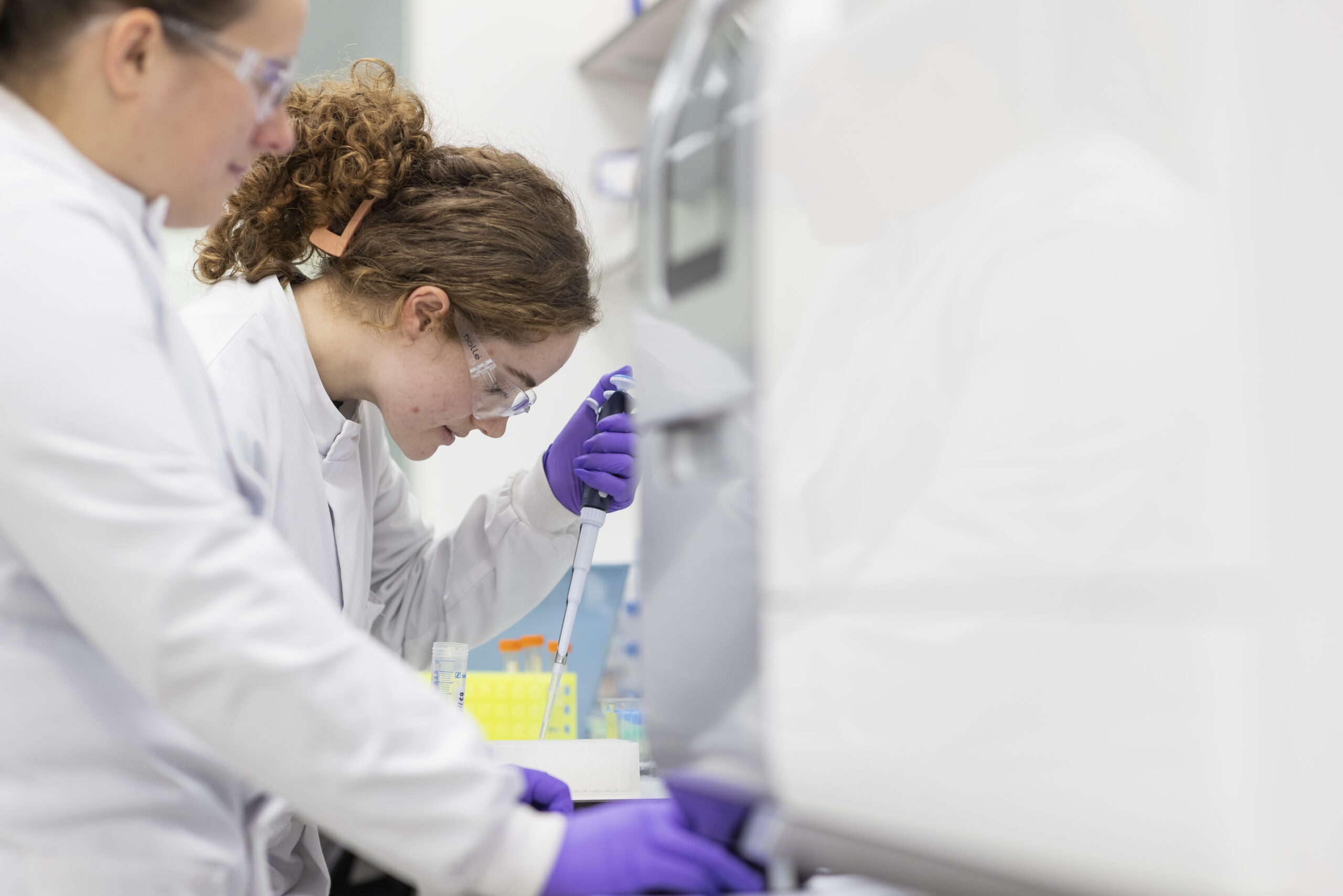
Bronchiectasis: an overlooked lung condition with untapped commercial and research potential
Read more: Bronchiectasis: an overlooked lung condition with untapped commercial and research potential -
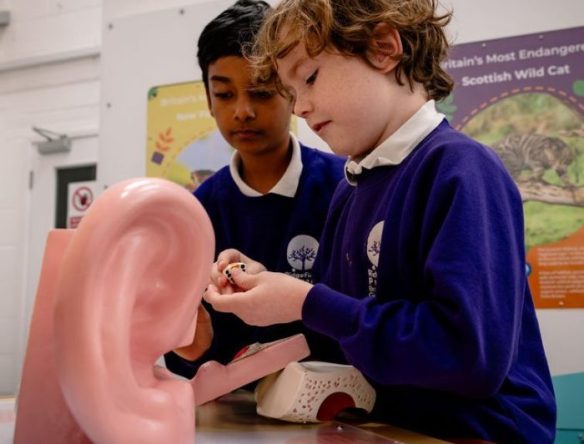
Cambridge Science Centre opens new facility that will educate and inspire the next generation of scientists
Read more: Cambridge Science Centre opens new facility that will educate and inspire the next generation of scientists
